Spotify Wrapped is the most unimportant import thing we choose to slap-box over every single year. Spotify releases its digital report on users’ listening habits every late November to early December. The visual theme varies annually, but a few key traits are always present: Top five most listened-to artists, total minutes listened, and most listened-to songs. Like anything, this manages to cause heated discourse online and in person, with people finding much more meaning in our statistics. So, why do we even care about Spotify Wrapped?
In our daily lives, we are simultaneously expected to aspire for individuality while maintaining collectiveness. The rise of hyper-specific fandom, labels, and aesthetics exists as Gen Z’s response to this pressure. Heavily aestheticized posts are prioritized in the algorithm, as they are much simpler to market. When we constantly see heavily branded media in our feeds, this encourages us to adopt a similar view of ourselves. We start seeing ourselves and other people as a personal brand instead of as a complex human. Social media is an intangible, heavily filtered middle space where our taste and media consumption become our defining factors for socializing. Simply put, everything we do must be a marketable showing of our identity.
Spotify Wrapped is encouraged and designed to be posted. To please the algorithm and our feeds, everything we post is a larger part of a cohesive, marketable personal brand. Therefore, sharing our Wrapped results is an act of personal branding of our life. We become defensive and/or overly critical of Wrapped results because it comes across as a personal attack on said lifestyle. If we put all our eggs in one aesthetically pleasing basket, any option other than the expected is a betrayal.
We can’t just enjoy single things: we have to enjoy a premade identity. Media is branded and marketed together into a label, with music and interests grouped into a pre-set identity. For instance, you don’t just enjoy Lana Del Rey. You enjoy being coquette. You enjoy satin bows, Natalie Portman in “Black Swan,” gingham dresses, diet Coke, cherry pie, and the idea of doing ballet. Whether we care about the media or not is irrelevant: we want to look like the type of person who cares. It would be seen as embarrassing to be a self-prescribed cottagecore girl and then your top song is “Idol” by BTS.
Fandoms work in the same vein. Fan spaces have been steadily rising, COVID lockdowns made them even more prevalent and socially acceptable. Fan culture has a tone of competitiveness with everyone trying to show that they are the biggest fan of xyz. If you identify as a STAY (Stray Kids Stan) then you must prove your loyalties to Stray Kids through your Spotify Wrapped. Stan culture encourages us to treat our favorites like quasi-religious figures, giving an absolutist mentality. Hypothetically, if you are a Blink (BLACKPINK stan) and Le Sserafim is your top listened-to artist, that would cause conflict with your fellow Blinks. A wise Twitter user once described this idea perfectly: “Twitter is the only place where [a] well-articulated sentence gets misinterpreted. You can say ‘I like pancakes’ and someone will say ‘So you hate waffles.’”
Having said all that, those instances apply to elitism within ingroups and communities. What about the greater public?
Some people seem to have fatigue seeing Wrapped every year, but one thing everyone, listeners or not, complain about is the quality of other people’s music tastes. Every year we see comments about how embarrassing our/someone else’s results are, I’m guilty of this too.
We want to give the impression of good taste. Our taste is synonyms with our identity, that’s why we describe an “embarrassing” media we enjoy, with a follow up with the defense of why we enjoyed it. While the niche gets ridiculed for being odd and pretentious, the mainstream also gets dragged for being popular. When we mock popular media for that sole purpose, we do it to separate us from other people, establishing that we are better. The pursuit of individualism is a deadend because we just cant win. Individualistic ideals have always been present in American culture, they were intensified by the Cold War, and we havent seemed to recover. Spotify Wrapped intensifies this paradox when a time period is placed. Taylor Swift being a top artist for a month is much better received than being the top for a whole year.
Elitism will always be a defining factor in society, it just finds new ways to appear. We care about Spotify Wrapped because we see it as a pseudo judgment of character. Media consumption is a part of our identity, but not the antithesis. You’ll find that every community has some form of competitive pretentiousness. If one thing is constant about humans is that we will always find a way to slap-box over trivial matters, searching for nuance is all we really have. Or just step outside, maybe that will solve things.

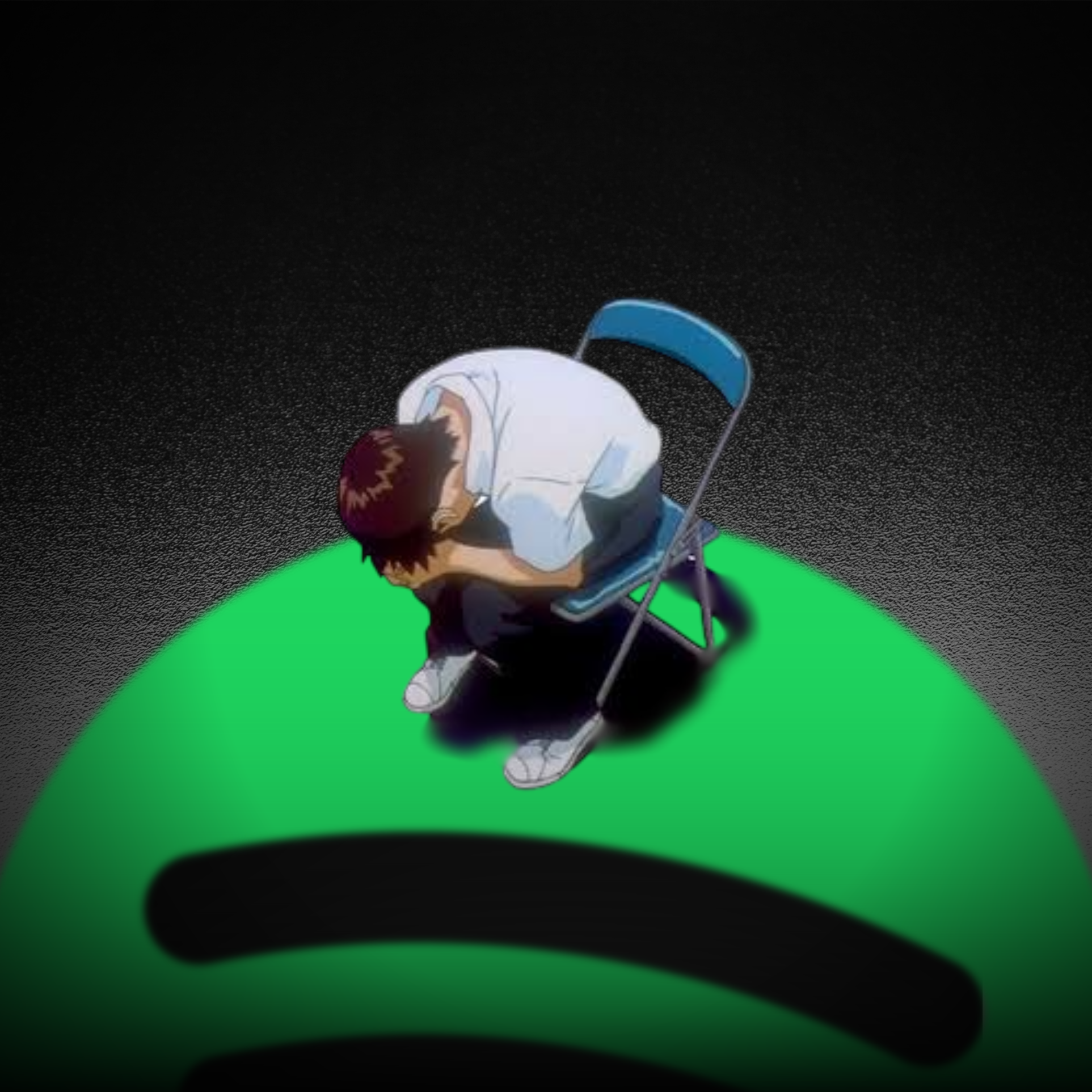




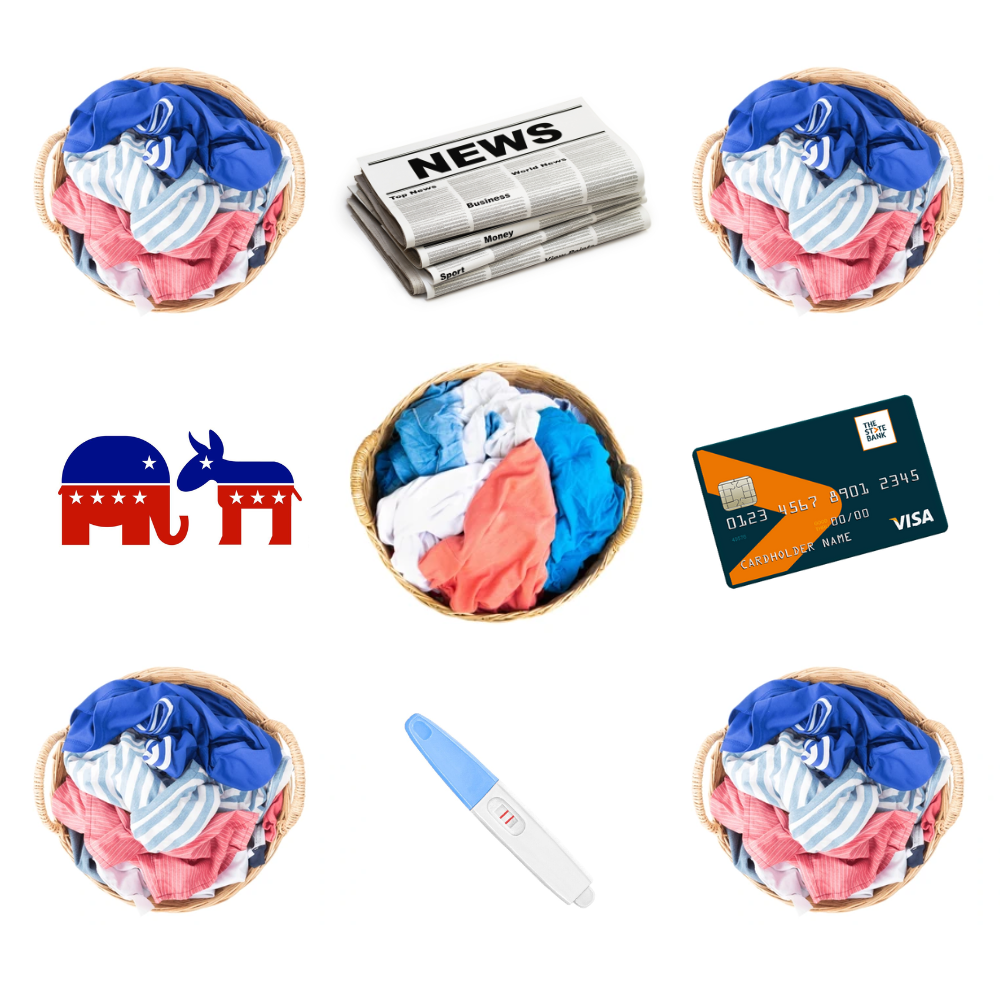

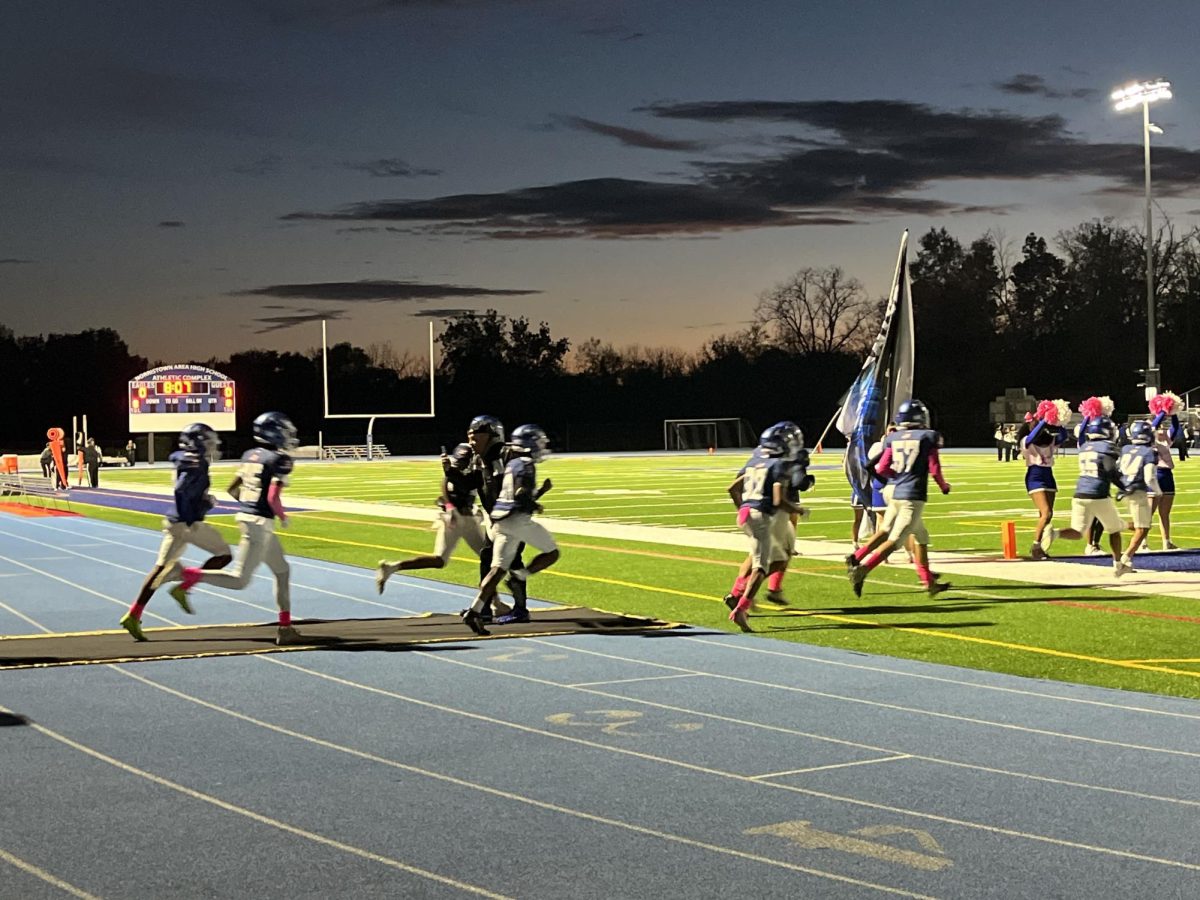
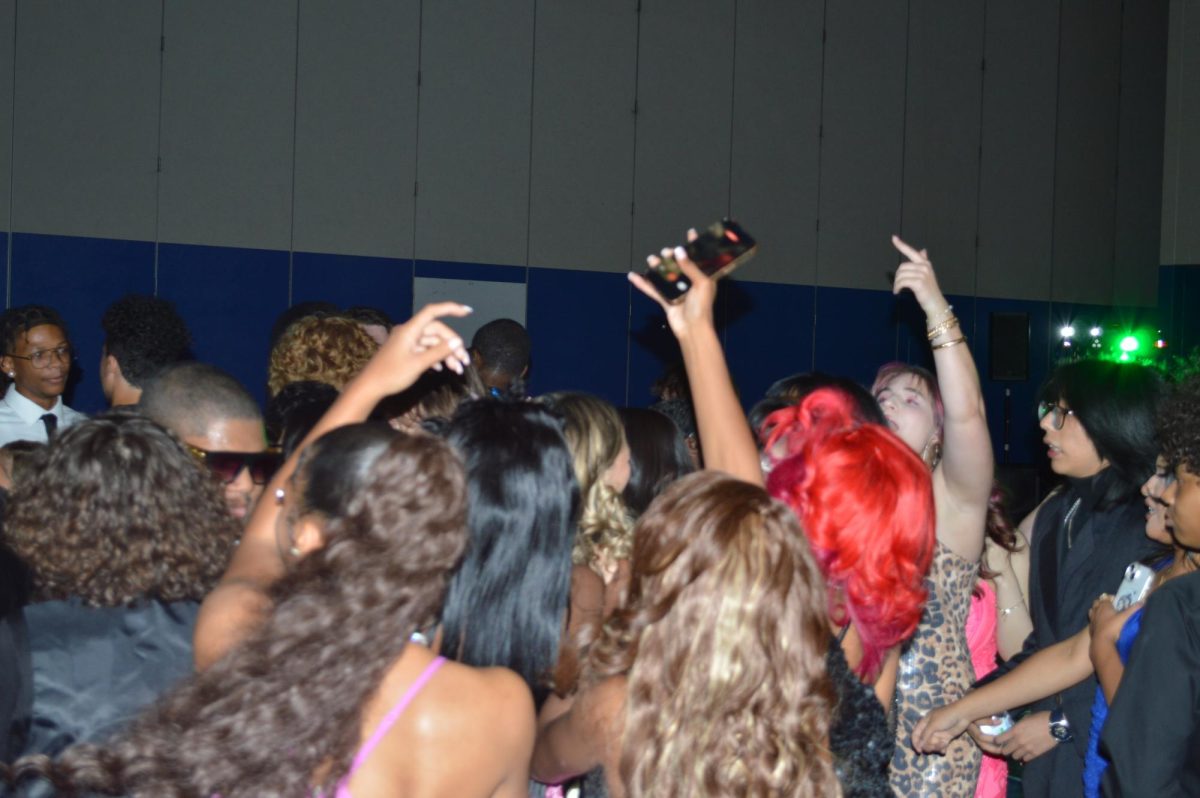
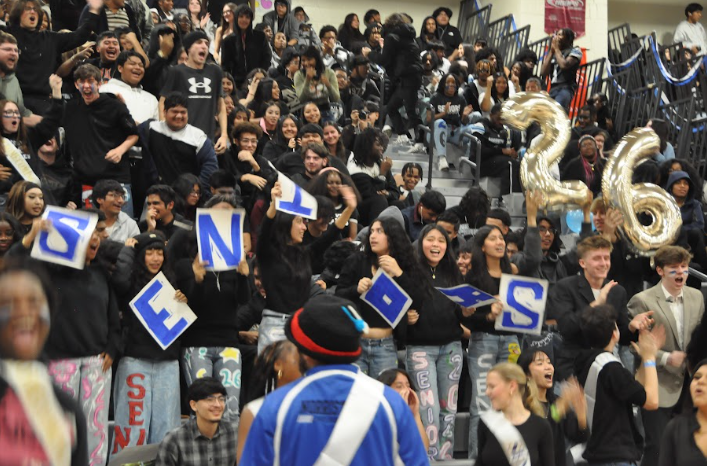
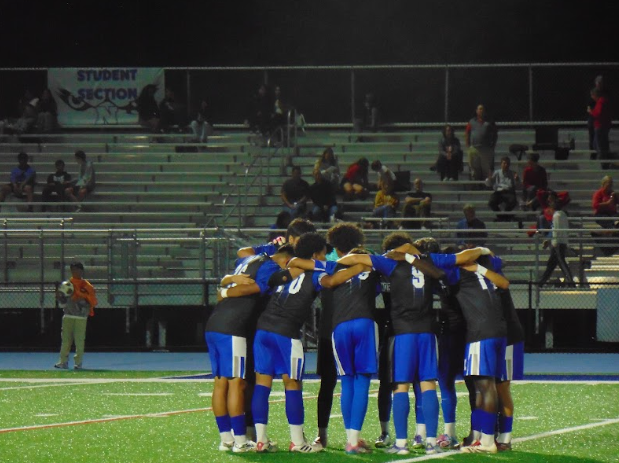

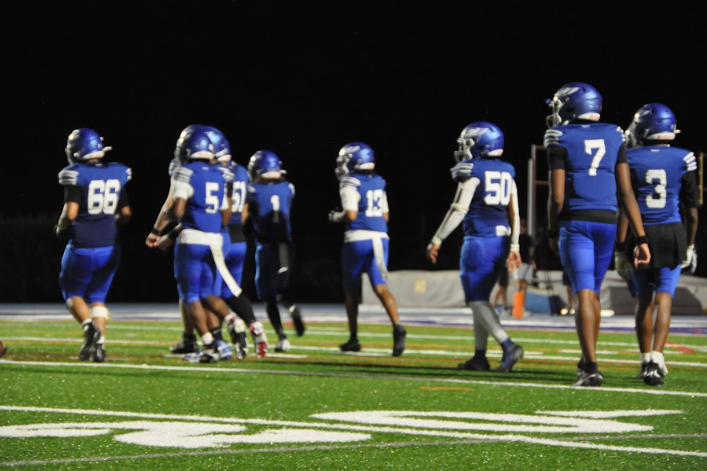
Hope Rose Mauch • Dec 13, 2024 at 2:27 pm
Great article Clare!
Cauan Oliveira • Dec 13, 2024 at 1:11 pm
Omg she ate!